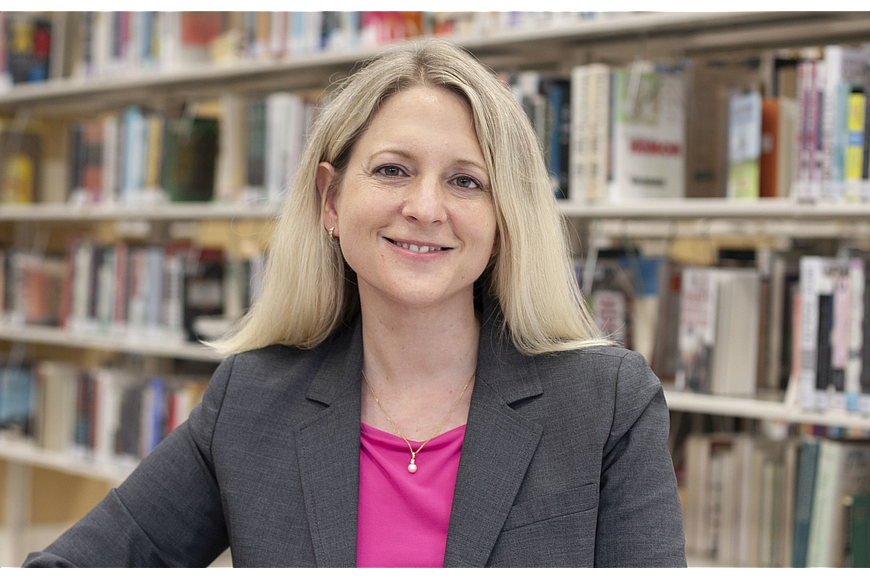- May 3, 2025
-
-
Loading

Loading

For many, the library is a place where they can escape to a fairy tale world or travel through time.
However, until recently, some people in Sarasota County were unable to take those journeys because of overdue books.
In September 2019, the Sarasota County Commission unanimously voted to remove late return fines in all Sarasota County libraries, which has since led to returned library property and an increase in library patronage.
After collecting data for about a year, library staff found 22% of adult library cardholders and 24% of students owed unpaid fines.
Fines of around 25 cents per day were collected for books and $1 for DVDs and videos. In 2018, the library collected $152,870 in fines.
Since getting rid of late return fines, there have been almost 300 people who previously owed fines return to libraries countywide with overdue materials.
The program has been rewarding, Director of Libraries and Historical Resources Renee Di Pilato said, because it allows people access to learning and all of the library’s resources.
“The fact that people can come to the libraries to learn again without fear of accruing fines and know they can come to library and access all our resources, it’s just really rewarding, and we’ve seen such a positive change,” Di Pilato said.
She said there have been several people return to the library who hadn’t been there in years due to library fees they couldn’t pay.
In one instance, a woman hadn’t used the library in eight years because she owed $50.
“She really welled up with tears when she realized that she could come back to the library and also bring her children back,” Di Pilato said.
In another instance, a man would regularly bring his kids to read in the children’s room for hours, but he couldn’t check out books because of late fines.
In a statement he gave to library workers, the man said: “The children would be brokenhearted when they would have to leave without the books they wanted to take home. Now that we’re fine-free, we still sit for hours in the library, but they leave with smiles on their faces along with their book selection.”
Since going fine-free, the libraries also added nearly 6,000 new cardholders and lent about 17,500 more electronic books and audiobooks from October 2019 to January 2020 than were lent in October 2018 to January 2019.
During that time period, two major libraries — Selby and North Port — were closed for renovations, so Di Pilato expects that number to continue growing.
In addition to seeing more people return to the library, the program also helps save employee time.
On average, employees used to spend 9.8% of work time on tasks related to fines and fees.
Library research estimates peg the total cost associated with staff devoted to cash handling in 2018 at $1.13 million.
Seeing that number helped push commissioners toward getting rid of late fees in September.
“We’re spending $1 million in staff time to collect $100,000 [in fines],” Commissioner Christian Ziegler said at the time. “I’m sure staff could probably spend their time doing something better and more productive to advance us forward.”
Although there are no more late fines, there are still fees assessed for books not returned to the library. When an item is not returned by the due date, the borrower will be assessed the full replacement cost of the item, and the account will be blocked until the item is returned.
“We really just want our materials back,” Di Pilato said. “There is no judgment. We are happy to receive our materials to make them available for other people in the community. … It’s in everyone’s best interest to return the materials and have the fine removed from their account.”